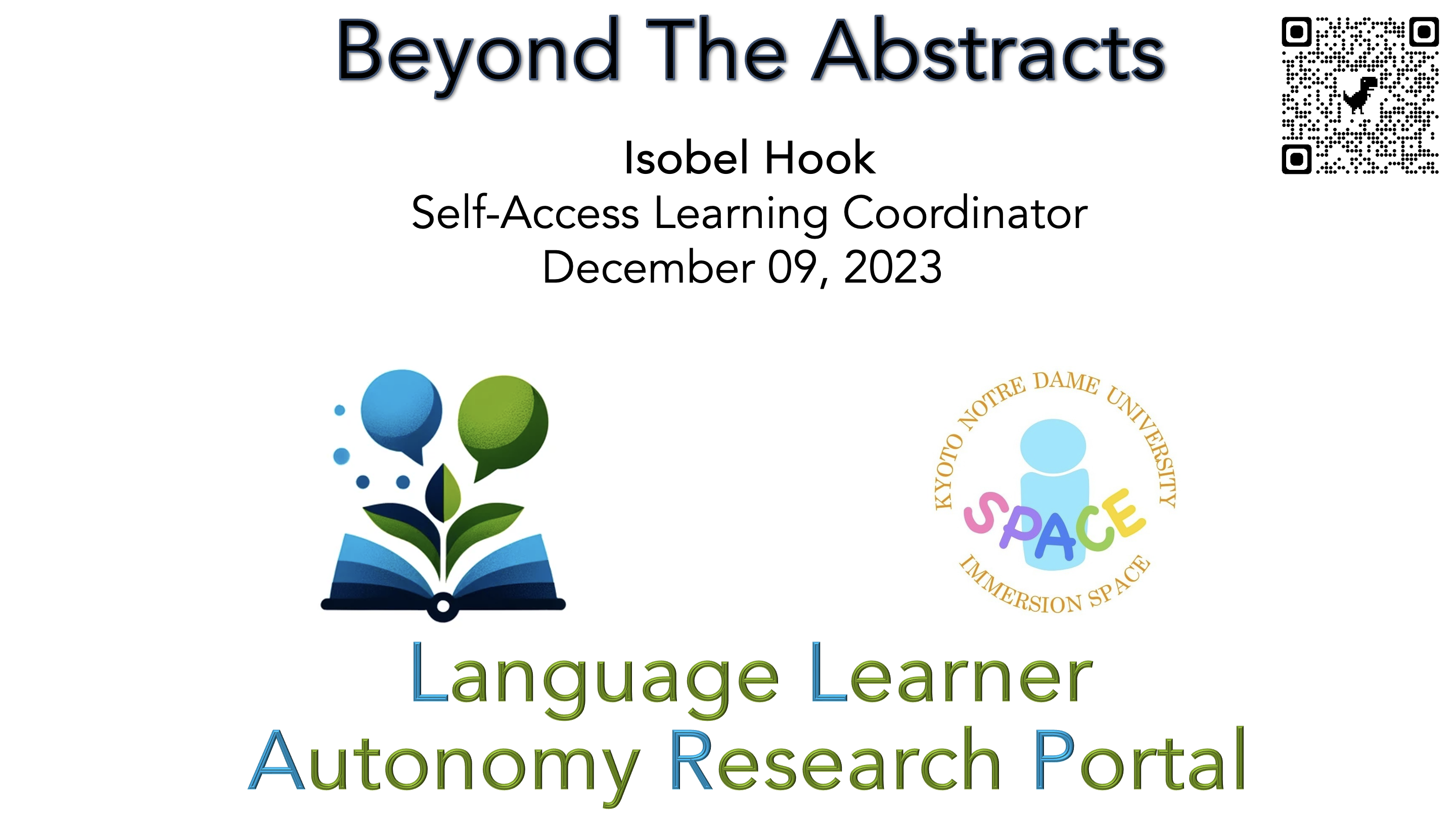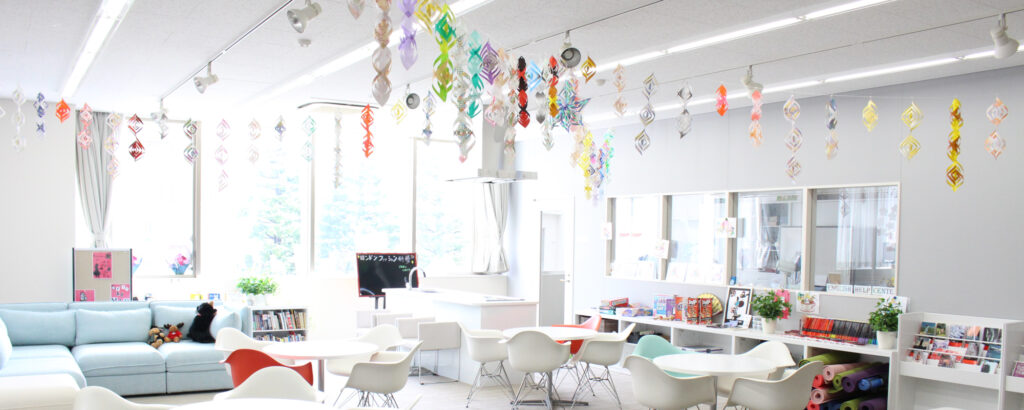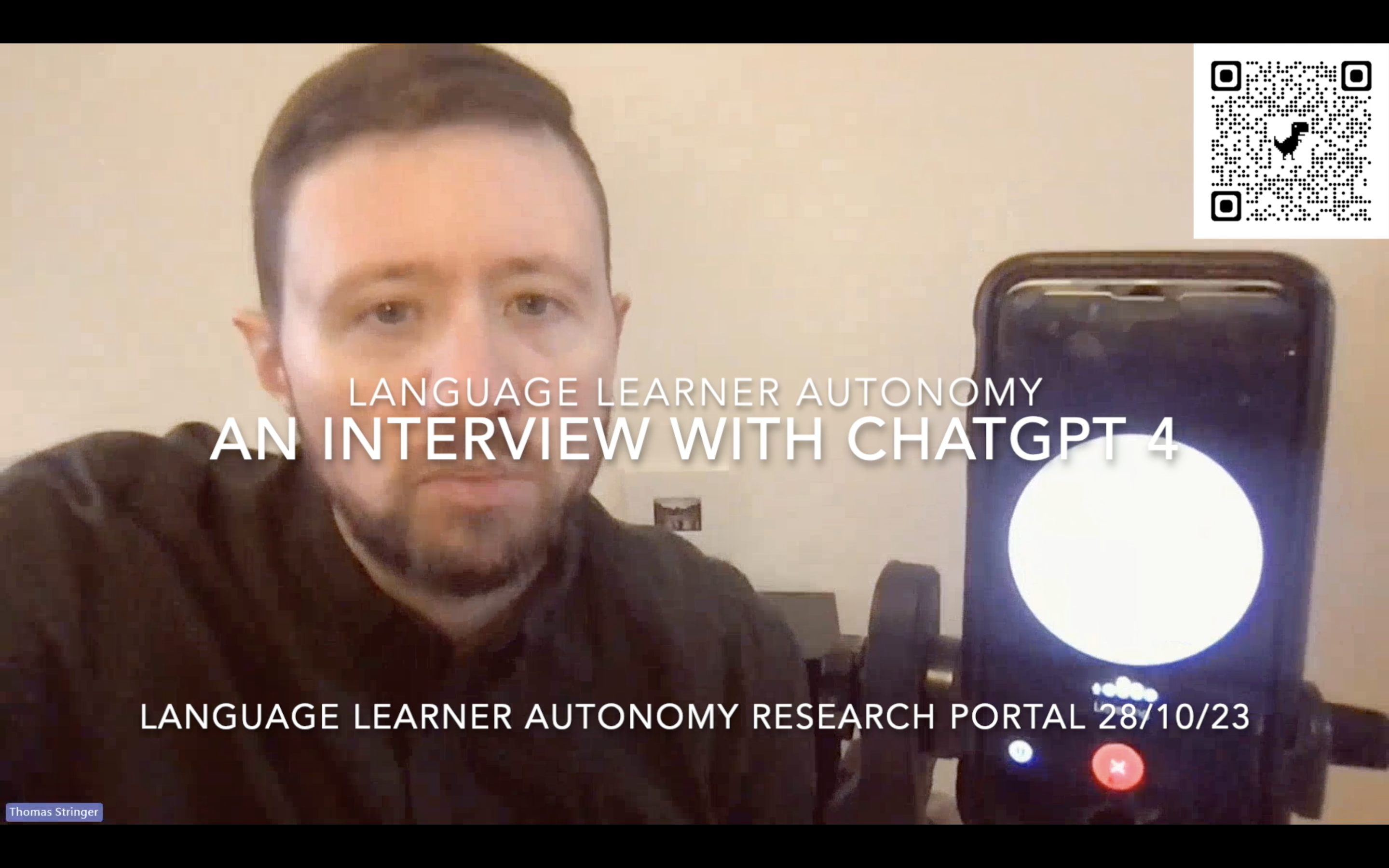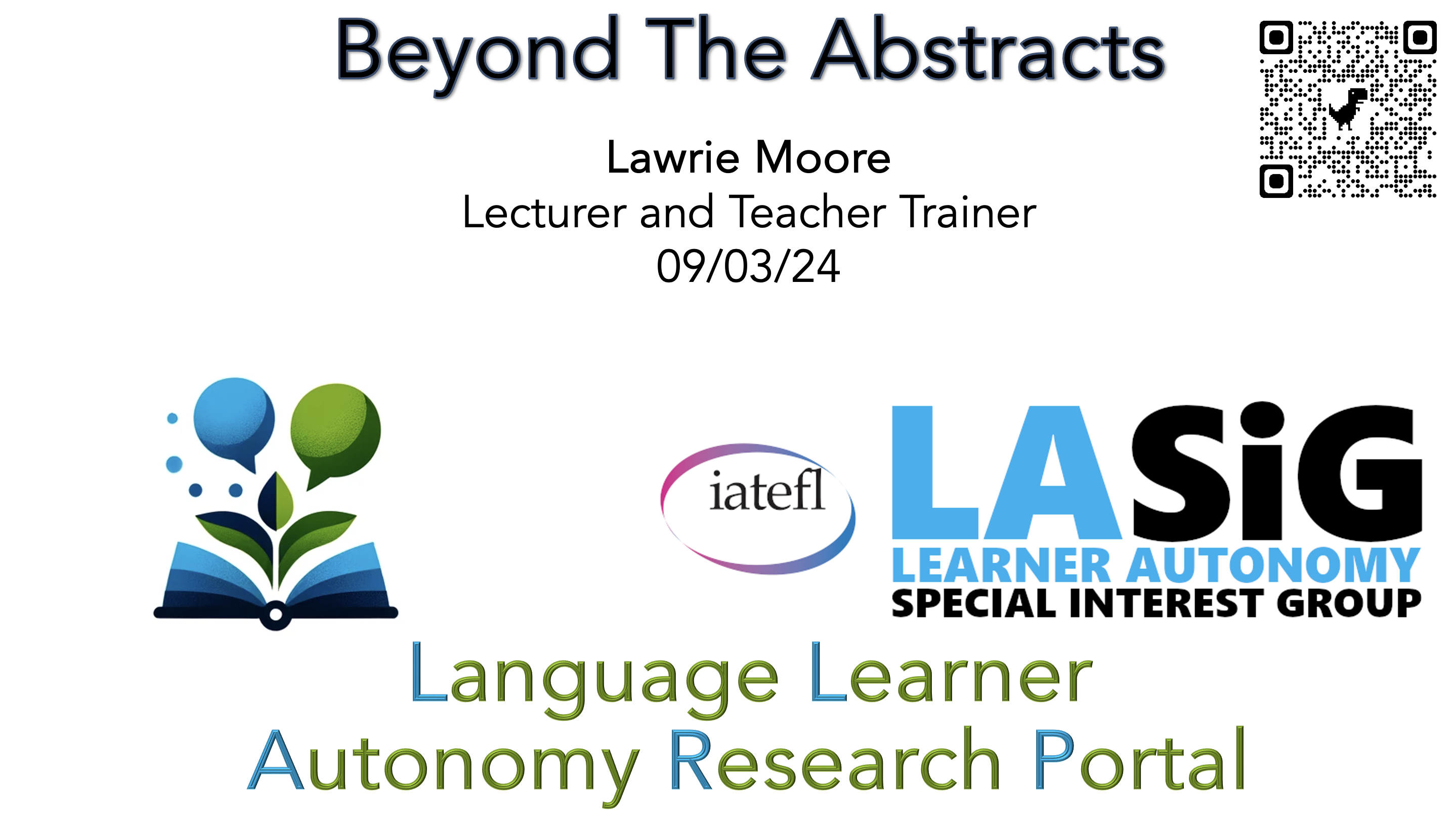Educational Practitioner Interviews
Navigation Top
Beyond The Abstracts: language learner autonomy and educational practice- Lawrie Moore (April 2024)
In this Beyond The Abstracts conversation I speak with Lawrie Moore. Lawrie is a US-American lecturer and teacher trainer who has been living in Austria since 1997. Originally from a business background, Lawrie transitioned to teaching in 2008. She teaches mainly ESP and EAP at the tertiary level and is especially interested in encouraging students to collaborate and take responsibility for their learning. She holds a Cambridge CELTA and DELTA and is a CELTA tutor in Vienna, where she enjoys supporting new EFL teachers in creating learner-centered classes. Lawrie is Joint Coordinator of IATEFL’s Learner Autonomy Special Interest Group. She is currently a doctoral candidate at the University of St. Andrews.
In this conversation we cover the multifaceted nature of language learner autonomy, teaching, and teacher-training methodologies, alongside the intricacies of educational practice. We explore Lawrie’s journey into teaching, and how her interest in language learner autonomy organically developed. We also discuss the importance of empathy, teaching that is responsive to learner needs, the interconnectedness of teacher and learner autonomy, pivoting and adaptability, the significance of structured freedom in the learning environment, personalisation, the continuous process of learning and improvement for teachers, the role of collaborative communities in education, among other topics.
This conversation will be essential viewing for anyone with an interest in both the practical aspects of integrating autonomy into language learning and on the broader implications for teaching practices and educational communities. And now, here is my conversation with Lawrie Moore.
Beyond The Abstracts: Developing a New Self Access Learning Center – Isobel Hook (December, 2023)
In this Beyond The Abstracts conversation I speak with Isobel Hook. In addition to being an experienced language instructor, Isobel is currently the Coordinator of the Self-Access Learning Center, also known as the i-Space, which is part of the International Education Center at Kyoto Notre Dame University in Japan.
Click the image to watch the conversation:

Alongside developing and promoting the i-Space, Isobel’s research interests span the roles of identity, technology, autonomy, and self access in language teaching and learning. In this conversation we explore the creation of the i-Space, how it was developed, learning materials, the impact of space and place, the role of collaboration and community, issues of gender, and current and future challenges with coordinating and evaluating a Self-Access Learning Center, including how to overcome resource limitations. This conversation should be of particular interest to educational practitioners, and in particular to current or prospective SALC Co-ordinators.
You can also check out the i-Space on Instagram by clicking the image below.

An Interview on Language Learner Autonomy- ChatGPT4 (November, 2023)
In this experimental interview, I have a conversation with ChatGPT 4 exploring the topic of language learner autonomy. The conversation goes both deep and broad.

We cover a wide range of topics of interest to practitioners, including:
- the nature of autonomy
- language difference
- the role of motivation and educators
- technology and AI
- forms of assessment for autonomy
- future trends in research, theory, and practice.
As a purely technological demonstration, this was an amazing experience. Also, for educators or other interested parties new to the field, the potential for technologies like ChatGPT to summarise and redeliver complex information in increasingly palatable forms is likely something that will have a large impact on autonomy research and practice, and on education more broadly. However, its formulaic and generalist responses also showed the current limitations of the technology. Regardless, I hope this can serve as a useful starting point to the field, and also as a bit of fun.
Enjoyed this interview? Let me know what you think! Credit is due to Paul Raine over at Emerging Technologies in Language Education for the inspiration, and of course to ChatGPT itself!
You may also like: Researcher Interviews

